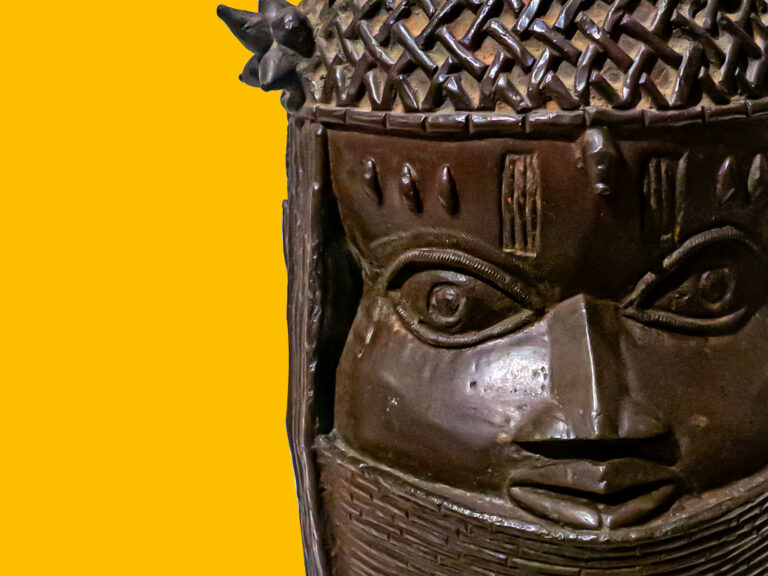Iran and Saudi Arabia are set to become new members of the BRICS bloc of developing economies in 2024, according to South African President Cyril Ramaphosa, who announced the expansion on Thursday, writes AP.
Alongside them, the United Arab Emirates, Argentina, Egypt, and Ethiopia will also join the bloc, which currently consists of Brazil, Russia, India, China, and South Africa.
The announcement took place at a BRICS summit in Johannesburg, where President Ramaphosa, the current chair of the bloc, disclosed the decision. The expansion had been under talks for over a year and was agreed upon during the summit after two days of discussions.
This marks the second time that BRICS has opted to expand its membership. Initially formed in 2009 with Brazil, Russia, India, and China, South Africa was incorporated in 2010. Presently, the BRICS bloc represents around 40% of the global population and contributes more than a quarter of the world’s GDP.
Leaders from five of the current member countries were present during the summit’s announcement: Brazilian President Luiz Inácio Lula da Silva, Indian Prime Minister Narendra Modi, Chinese President Xi Jinping, and South African President Cyril Ramaphosa.
However, Russian President Vladimir Putin was absent due to an International Criminal Court arrest warrant issued against him in March related to the abduction of children from Ukraine. He participated virtually, while Russian Foreign Minister Sergey Lavrov represented the nation at the announcement in Johannesburg.
Chinese leader Xi emphasized the significance of this expansion, stating, “This membership expansion is historic. It shows the determination of BRICS countries for unity and development.”
The United Arab Emirates’ leader, Sheikh Mohammed bin Zayed Al Nahyan, expressed his welcome to the inclusion of his nation in BRICS through an online message on X (formerly known as Twitter). He conveyed hopes for continued cooperation for the prosperity and well-being of all nations and people across the globe.
The inclusion of Iran, Saudi Arabia, and the United Arab Emirates in the same economic and political organization would have seemed unlikely in recent years due to escalating tensions resulting from the 2015 collapse of Tehran’s nuclear deal and a series of attributed attacks.
Nevertheless, diplomatic reengagement has emerged, between the UAE and Iran, following the coronavirus pandemic and incidents involving Iranian-backed Houthi rebels. In March, Saudi Arabia and Iran declared a separate détente mediated by China.
Despite Russia’s invasion of Ukraine, Saudi Arabia, the UAE, and China have all maintained relationships with Russia. This development has raised concerns in Washington, which has historically provided security guarantees to these major oil-producing nations. China has also pursued closer ties with all three countries, particularly Iran, with whom it has engaged in oil imports post the nuclear deal’s breakdown.











